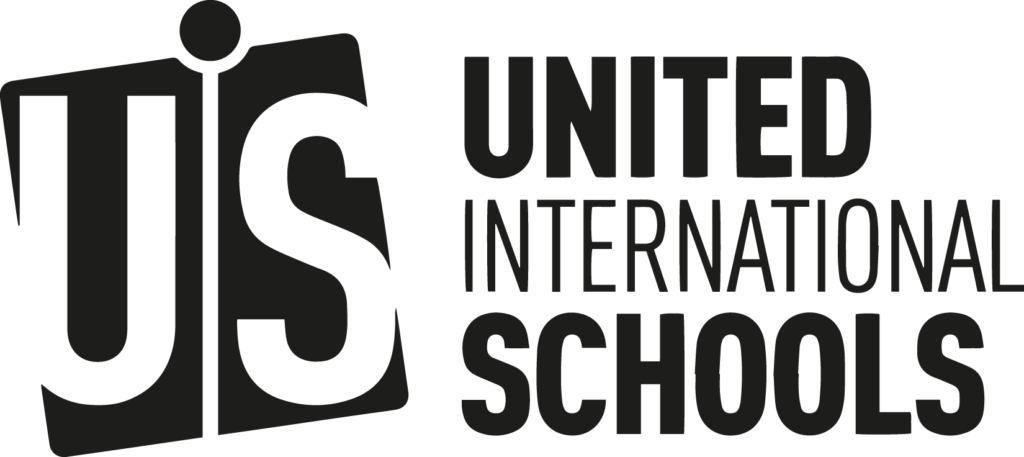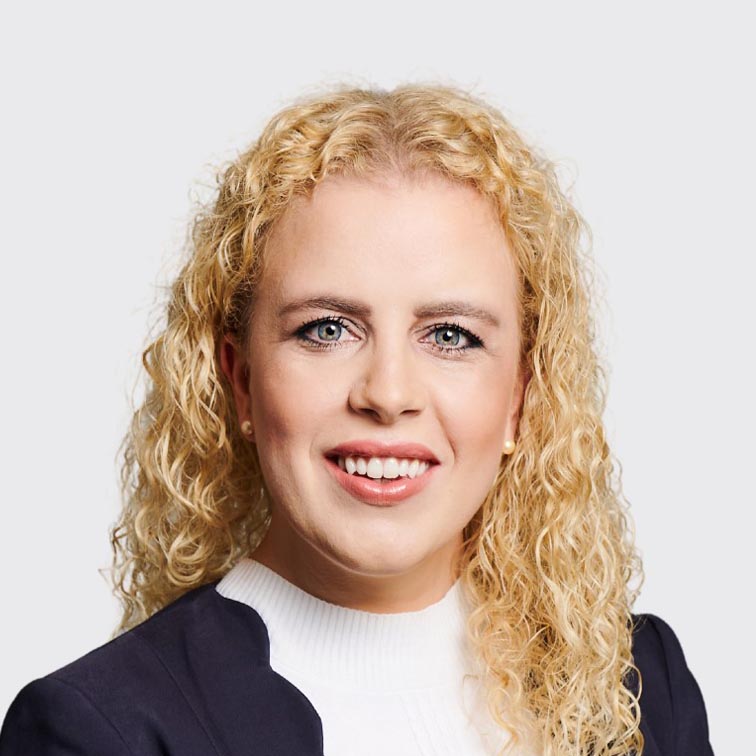Overview
Master of Business Administration, MBA
3 semester / 18 months
or part-time: 5 semester / 30 months EQF/MQF Level 7; Higher Education Programme
Study 100 % online
complete modules at your own pace. Total Credits: 90 ECTS
You have already obtained a non-business bachelor’s degree or equivalent and would like to expand your expertise with business and management knowledge to advance your career and improve your management and leadership skills? Then the Master of Business Administration (MBA) is just right for you!
Through the MBA programme, you will gain a comprehensive and in-depth understanding of business management contexts and will be prepared to take on management tasks in various commercial functional areas in industry or in the service sector. In addition to fundamental scientific and business knowledge, you will learn the basics of accounting and controlling as well as project management and marketing. The programme also teaches you about human resources management and leadership as well as corporate finance. In this way, you will be optimally prepared to take on specialist and management tasks. For individual specialisation, 12 modules are available from which you can choose three.
You can start your MBA studies at UIS at any time. The distance learning programme can be designed very flexibly in terms of time and place, with high-quality study materials available to you at any time in the online learning system and you can decide for yourself when to take which examination.
The programme is always open for enrolment, there are no application deadlines.
Language of Instruction: German or English
Tuition Fees: EUR 3.300 per semester; EUR 9.900 in total
Admission
Entry Requirements for the MBA
The examination board decides on admission.
Previous education requirement:
- A successfully completed Bachelor’s degree OR
- a Level 6 diploma from the Chamber of Industry and Commerce from Germany, Switzerland or Austria, e.g. a Bachelor Professional OR
- an academic degree from a UK university or other international equivalent that is at Level 6 of the MQF OR
- a college or university degree of at least 90 ECTS credits with at least a “Merit” classification or equivalent qualification, as well as at least 3 years of professional experience (excluding activities during full-time studies) of which at least one year in a management position.
Work experience:
At least one year of relevant professional experience. Relevant professional experience is any type of professional activity at least equivalent to the level of a clerk.
Language requirements for the MBA in German:
- A certificate of German language skills at level B2 of the CEFR OR
- a school leaving certificate from a German-speaking secondary school.
Language requirements for the MBA in English:
- A certificate of English language proficiency at level B2 of the CEFR (IELTS of 6.5 or TOEFL ibt of 72) OR
- a leaving certificate from a secondary English-speaking school.
Application through Recognition of Prior Learning (RPL):
In addition, admission is also possible via additional qualifications or extensive professional experience that comply with the guidelines and procedures for the recognition of prior learning (RPL).
Recognition
How could I apply for credits?
If you have already completed comparable coursework in a Master’s programme or a comparable programme at another university, recognition is possible in principle. For the credit check, please send us a grade overview of the achievements and a module handbook by e-mail. Please note the guidelines and the procedure for the recognition of prior learning (RPL).
Content
What will be the content of your study?
Semester 1
This module equips you with the skills to develop and undertake business research and provides the theoretical and practical preparation. The module covers the necessary skills and requirements for a literature review, qualitative and quantitative methods, and designing and conducting a research project.
The module lays the foundations in business administration, the essential terminology of business administration and debates the critical concepts of strategic management, the application of methods of strategic analysis, planning and control as well as the derivation and formulation of strategies.
This module gives a complete understanding, from to bookkeeping, to preparation and analysis of financial statements. The preparation of financial statements considering annual accounts policy and tax effects is also treated in this module. The second part of this module explores the key concepts and tools of management accounting and controlling.
This module deals with important aspects of the very comprehensive management discipline of project management and offers on the one hand insights into the development and theoretical background, and on the other hand important practical tips and tried and tested methods that will help you to be able to handle your own projects even more successfully.
Semester 2
In this module, you will learn about the historical roots and different perspectives of the market-oriented management. At the same time, you will gain a comprehensive understanding of marketing, which focuses on ensuring the competitiveness of companies. In addition, you will learn important theoretical principles of marketing management, which are indispensable for a scientific anchoring of the subject.
The module deals with important aspects of the subject area of human resources management and offers you insights into important theoretical findings and models of leadership research on the one hand, but also practical application possibilities and implications for work in companies on the other hand.
This module explores the principles of corporate finance and their application. The first part of this module focuses on working capital management and selected debt financing instruments. The second part treats questions of investment appraisal, the determination of capital costs, the valuation of financial assets and corporate transactions.
You can choose one of the 12 elective modules, aligned with your career goals.
You can choose one of the 12 elective modules, aligned with your career goals.
Semester 3
You can choose one of the 12 elective modules, aligned with your career goals.
As part of this module you will be required to write an independent/supervised dissertation. You should select a topic that interests you (relevant to your area of study) and then research and apply relevant academic models and literature to a chosen area of study. The module will also cover empirical research methods to prepare you to undertake your research project.
In this module you can find the learning outcomes, assessments, workloads and overall programme outcomes.
Duration
How many semesters is the duration of the programme?
The MBA programme comprises a total of 90 ECTS-Credits.
The programme is offered as a full-time variant (three semesters, 18 months) and a part-time variant (five semesters, 30 months). You can switch from full-time to part-time any time. Extensions of the study time are available on request.
Accreditation
How is this programme accredited?
The MBA programme is accredited by the Malta Further and Higher Education Authority (MFHEA) as a Higher Education Programme under the licence number 2023-010.
UIS is accredited as Higher Education Institution.
Electives
Choose 3 of 12 electives
You can chose 3 of the 12 elective modules, aligned with your career goals:
The MBA electives:
This module explores the field of business and corporate ethics and gives an understanding of the subject and its complexity. It is also intended to encourage students, as business professionals, to always remain alert and critical towards their own subject and its instruments, and to approach economic questions and problems not only with specialist knowledge, but always also with their common sense.
The individual’s capacity for change is a basic competence of today’s managers and employees. In this module students will acquire the knowledge and competences to actively shape change management and to reflect on their own attitudes and behaviour towards change. They will also acquire methodological and action skills to successfully lead change processes.
The module on Data Science Management (Big Data) provides students with a comprehensive understanding of the principles, techniques, and tools used in managing and analyzing large-scale data sets. The module explores the challenges and opportunities associated with big data and equips students with the knowledge and skills required to effectively leverage data science for decision-making and organizational success.
In this module students will learn what contributions innovations can make to the development of an economy and to the business of companies. They will be able to distinguish between an innovation and a non-innovation and at the same time be aware of the blurring of this distinction. It is also important to know what makes innovations successful and which methods can be used to manage innovations.
This module builds upon previously acquired knowledge in the fields of financial accounting and covers the preparation of financial statements according to international financial reporting standards (IFRS). After finishing the module successfully, students also understand the importance of international accounting according to IFRS and know its specific problematic fields.
The module covers market psychological issues, such as the importance of psychological research methodology motivated by business management during a product life cycle. For this purpose, market psychological methods and contents needed to answer numerous product and service-related questions in business management practice are taught. The module conveys methodological and thematic knowledge in the field of market and consumer research.
Occupational psychology in the narrower sense deals with the question of how working conditions affect the working person and how the person in turn affects the working conditions. The field of organisational psychology is generally concerned with the interrelationships between the individual and the organisation. This module covers the practical fields of application: students will treat questions of work analysis and work design, work safety, evaluate measures for mitigating stress and increasing employee motivation, and discuss methods of team development.
This module covers the essential contents of real estate management. In facility management, management activities focus on optimising all operational functions of the real estate, reducing costs, and improving services. Students will also learn how to use real estate during its life cycle and how to manage revitalisation of objects and corporate real estate.
This module deals with issues of both organisation and knowledge management, so that students will have a self-contained overview of the interrelationships. Both topics are closely related in companies: the design of the organisation must ensure that learning and the targeted handling of knowledge function in the best possible way in the company.
Private equity can be described as off-market equity capital from private investors, financial investors or companies or family offices. It enables the creation and growth of highly innovative firms. Hedge funds are in fact very risky actively managed open or closed-end investment funds. Because the way hedge funds achieve returns and their risk depends on the respective hedge fund strategy, in this module students will learn about the different types of strategies with their respective advantages and disadvantages.
In order not to endanger the company’s continued existence, a comprehensive management of entrepreneurial risks is necessary. This must be able to identify risks at an early stage, assess their relevance for the company and monitor and control critical risks. Students will learn more about the instruments applicable within the framework of risk management and how they can reduce the effects of undesirable risks for the company and thus increase the company’s value.






